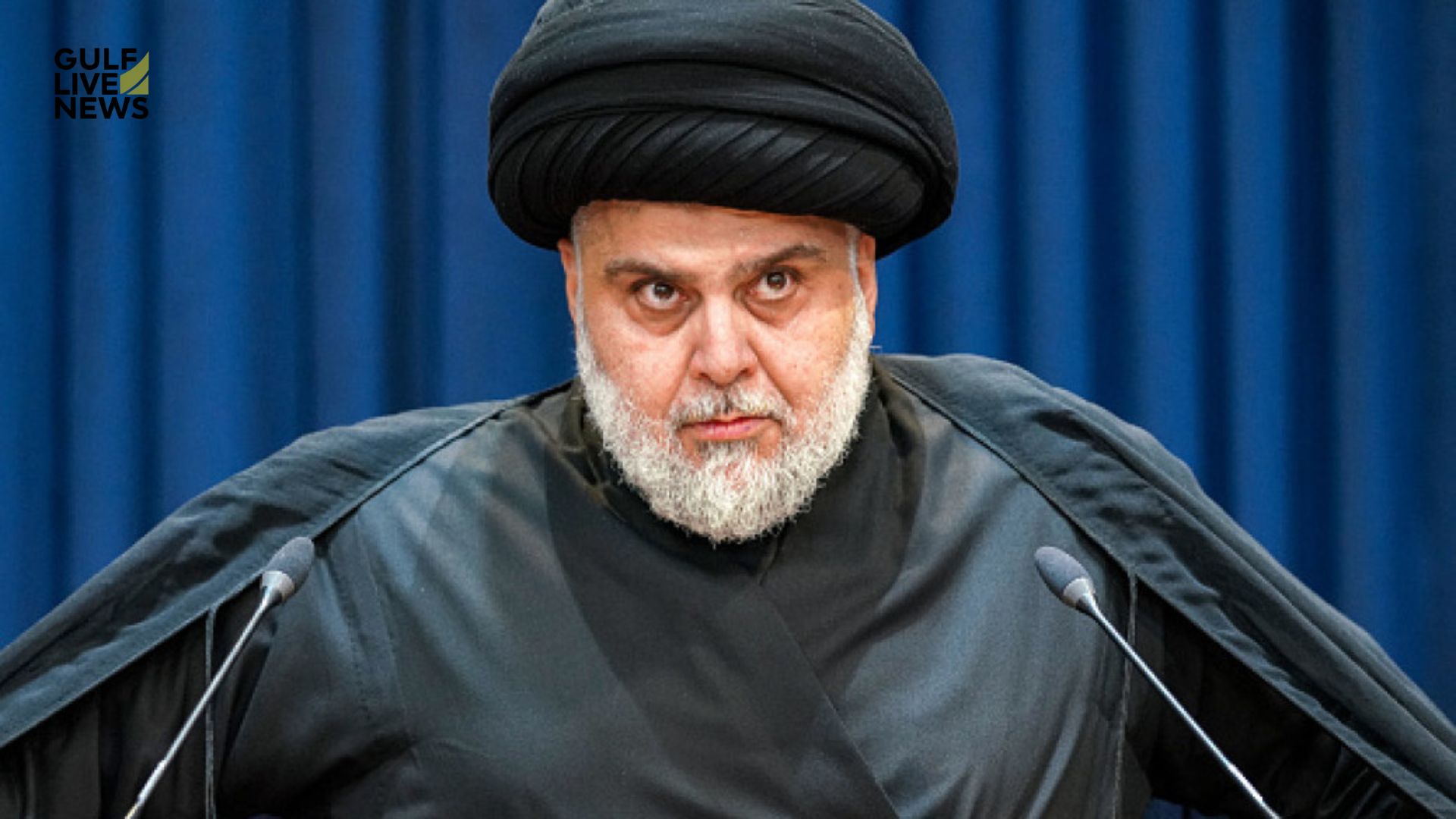Iraqi Shia cleric Muqtada al-Sadr has urged Iraq to remain uninvolved in the ongoing fighting in Syria. His comments follow a rise in rebel activity across the border. This appeal highlights the delicate balance of power in the region.
Al-Sadr’s Plea
On Thursday, Muqtada al-Sadr made a statement on social media platform X. He stressed that Iraq must maintain neutrality in the Syrian conflict. Al-Sadr specifically called on various groups within Iraq. He mentioned the government, political factions, militias, and security forces. He urged them to stay out of the violence in Syria. Al-Sadr warned that those who do not heed this advice should face consequences.
Context of the Situation
The cleric’s comments come amid rising tensions in Syria. Recently, Syrian Islamist rebel leader Abu Mohammed al-Jolani made his own appeal. He urged Iraq’s Prime Minister Mohammed Shia al-Sudani to ensure that Iraq remains detached from the fighting. Al-Jolani expressed concerns over the involvement of Iraqi forces in Syria.
There are groups within Iraq that have called for military support for Syria. Kataeb Hezbollah, an Iran-backed militia, is among these groups. They suggested that Iraq send troops to aid the Syrian regime. This has raised alarms about further instability in the region.
Kataeb Hezbollah’s Role
Kataeb Hezbollah is part of what is known as the “axis of resistance.” This coalition stands against Israel and U.S. interests in the region. In Iraq, Kataeb Hezbollah is integrated into the Hashed al-Shaabi. This is a coalition of former paramilitary forces now part of Iraq’s military. The group has shown support for Syrian President Bashar al-Assad. Their involvement raises fears that the conflict in Syria could escalate and affect Iraq.
Warnings from Rebel Leaders
Abu Mohammed al-Jolani warned against any involvement from Iraq. He directly addressed Prime Minister al-Sudani, stating that Iraqi forces should not engage in the fighting. Al-Jolani believes that involvement would harm Iraq’s own security. He characterized fears of the Syrian conflict spilling into Iraq as misplaced.
Iraq’s Stance on Red Lines
In Baghdad, officials have revealed their stance on the situation. They noted that Iraq has a “red line.” This line will only be crossed if rebel groups advance toward eastern Syria or Damascus. Furthermore, they emphasized the need to protect the Shia shrine of Sayeda Zeinab. This shrine holds significant religious importance for many.
Challenges for Iran-aligned Groups
Some leaders from Iran-aligned armed groups within Iraq recognize the challenges of involvement in Syria. They cited the potential risk of Israeli or U.S. military strikes as a serious concern. Although these groups have secure routes to access the Syrian front lines, there has been no decision made yet regarding any military intervention.
The Regional Implications
The current tensions in Iraq and Syria highlight the fragile balance of power in the region. Political and military leaders are carefully navigating complex alliances and rivalries. They are trying to avoid further escalation while maintaining their positions.
The fear is that any involvement could lead to a broader conflict. The delicate situation requires all parties to tread carefully. The regional dynamics are complicated, and any misstep could have far-reaching consequences.





